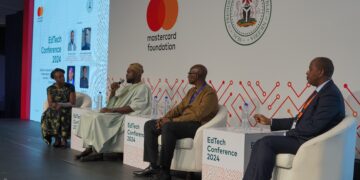By John Ikani
When the African Union (AU) declared 2024 as the Year of Education during the 36th Ordinary Session of the Assembly of the AU in February 2023, little did it know that it had set the stage for one of the biggest-ever EdTech conferences on the continent.
17 months down the line, Policy Makers, Innovators, And Young People across Africa are converging at Nigeria’s capital city Abuja for the Mastercard Foundation EdTech Conference 2024 to promote quality and equitable education for young people through technology.
Organized by MasterCard Foundation through its Center for Innovative Teaching and Learning in partnership with the federal government of Nigeria, participants at the event are not lost on the challenges that traditional education system in Africa is fraught with.
It is no wonder they find the event theme “EdTech for Resilience and Inclusive Learning in Africa,” to be well conceived, succinctly relayed and apt.
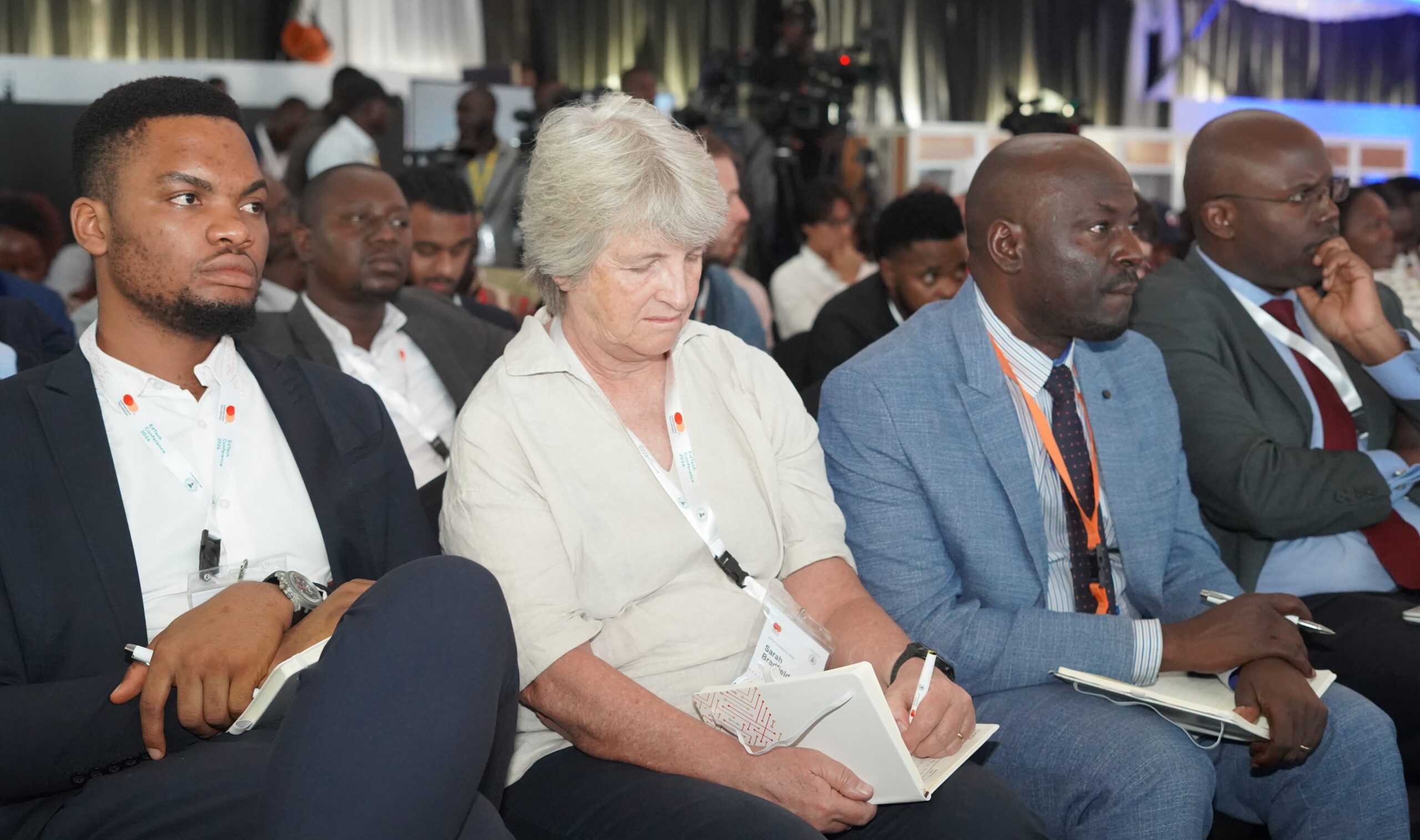
“The theme clearly communicates that the choice before Africans is simple: A choice between going forward or going backwards; between the new ways and the old ways,” remarked Thandiwe Nkhoma.
Ms Nkhoma who flew from Malawi to attend the conference would go on to tell Heritage Times HT that “the time to act is now”.
Indeed, Africa can no longer shy away from the fact that it is facing multitudes of challenges in education. From resource limitations and infrastructure gaps to unequal access and quality, leaving millions of young minds unable to reach their full potential.
The problem is further compounded by a fast-growing number of out-of-school children. To cap it all, the traditional system of education struggles to keep pace with the ever-evolving world and the growing needs of its student population.
“It is for this reason we are bringing together innovators from across the continent to collaborate, converse and better improve the product that they are designing to revolutionize learning,” said Joseph Nsengimana, the Director of Mastercard Foundation Centre for Innovative Teaching and Learning.
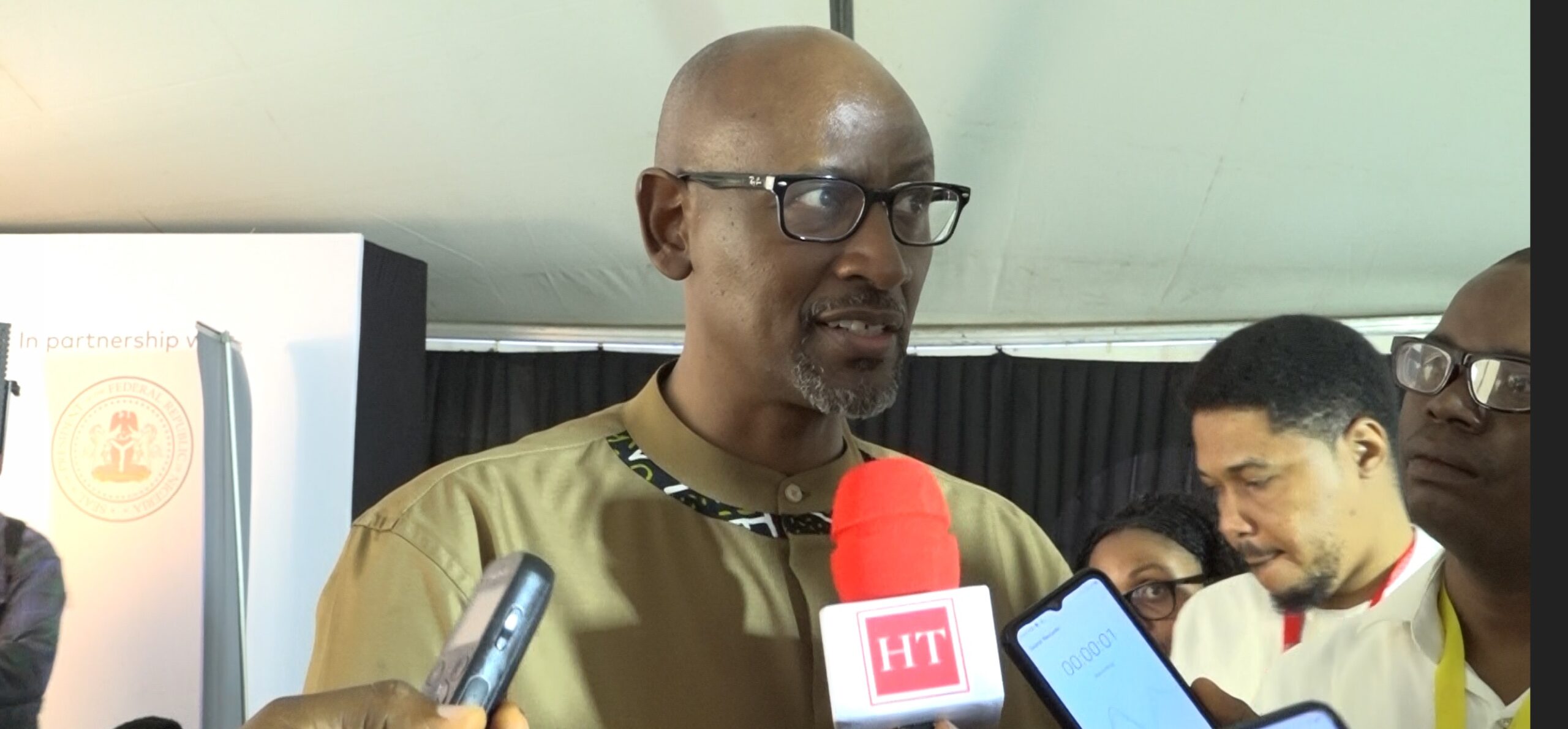
For an inaugural EdTech conference that is big on inclusive learning on the continent, Mastercard’s decision to hold the event in Nigeria is strategic. Professor Peter Materu, the Chief Program Officer of Mastercard Foundation wasn’t trying to crack jokes when he told HT that “a good number of people without access to education are in Nigeria. It’s a large country with larger problems.”
According to him: “There are six continents in Africa that account for 60% of the population of the continent and Nigeria is on top of the list as a critical player. Addressing the challenge in Nigeria is already a big part of the solution of addressing the challenge in Africa.”
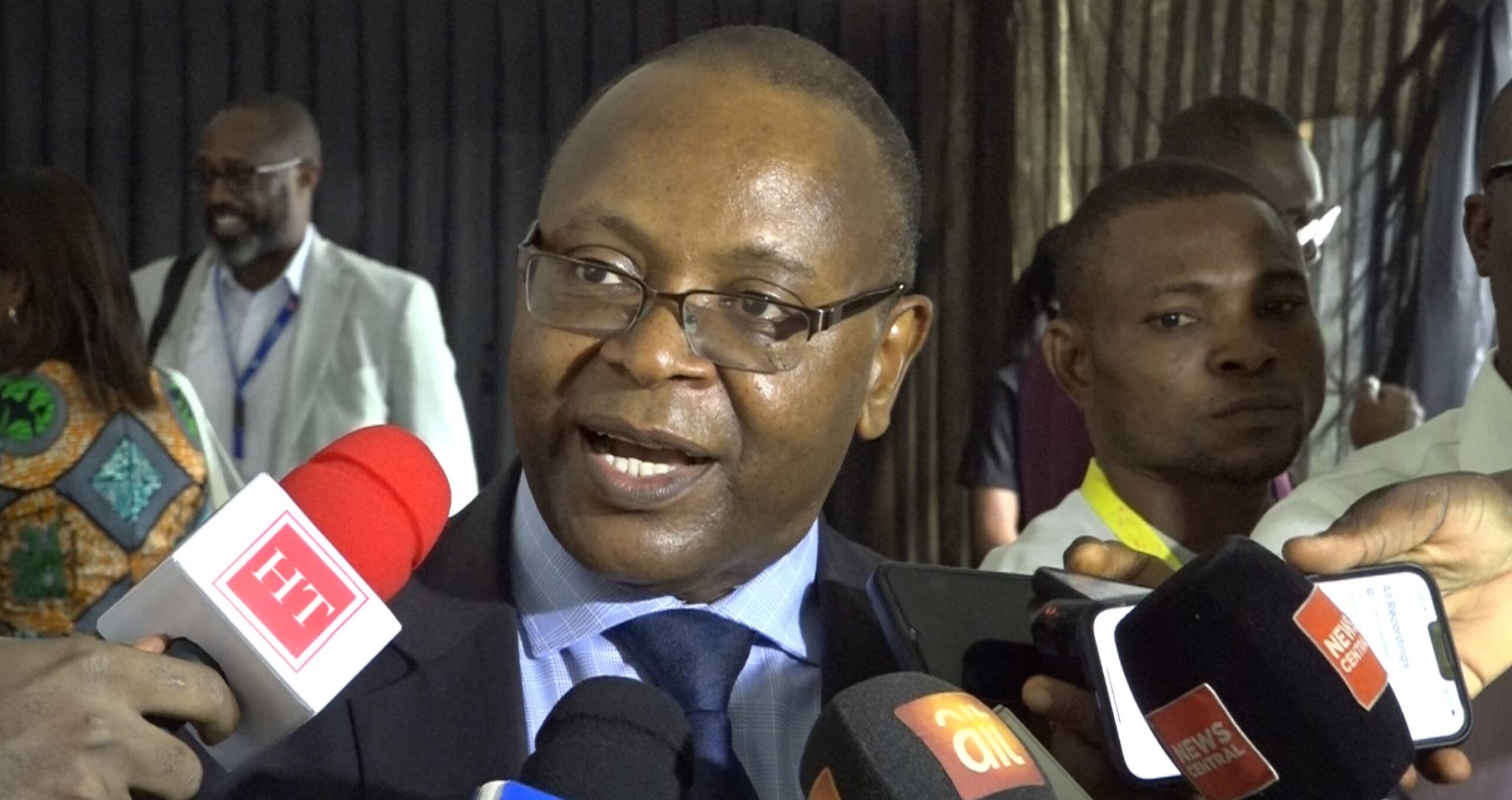
If you made it this far, you might be wondering what relationship inclusive learning has with out-of-school children and why it is such a big deal at the EdTech Conference 2024?
Inclusive learning, in short, is about creating learning environments that welcome and empower all students, regardless of background, ability, or learning style. It removes barriers and ensures everyone feels valued and has the chance to succeed.
Tech-powered strategies like remote learning or individualized instruction can cater to children with different needs and backgrounds, even if they’re not in a traditional school setting.
Commendably, Nigeria is seizing opportunities presented by the EdTech Conference 2024 to address its out-of-school children challenge. Present at the first of the three-day conference which ends on 10th July was Nigeria’s Minister of Education, Professor Tahir Mamman.
He disclosed that his ministry is “perfecting plans to carry out a data census to have a strategic solution to the challenge.”
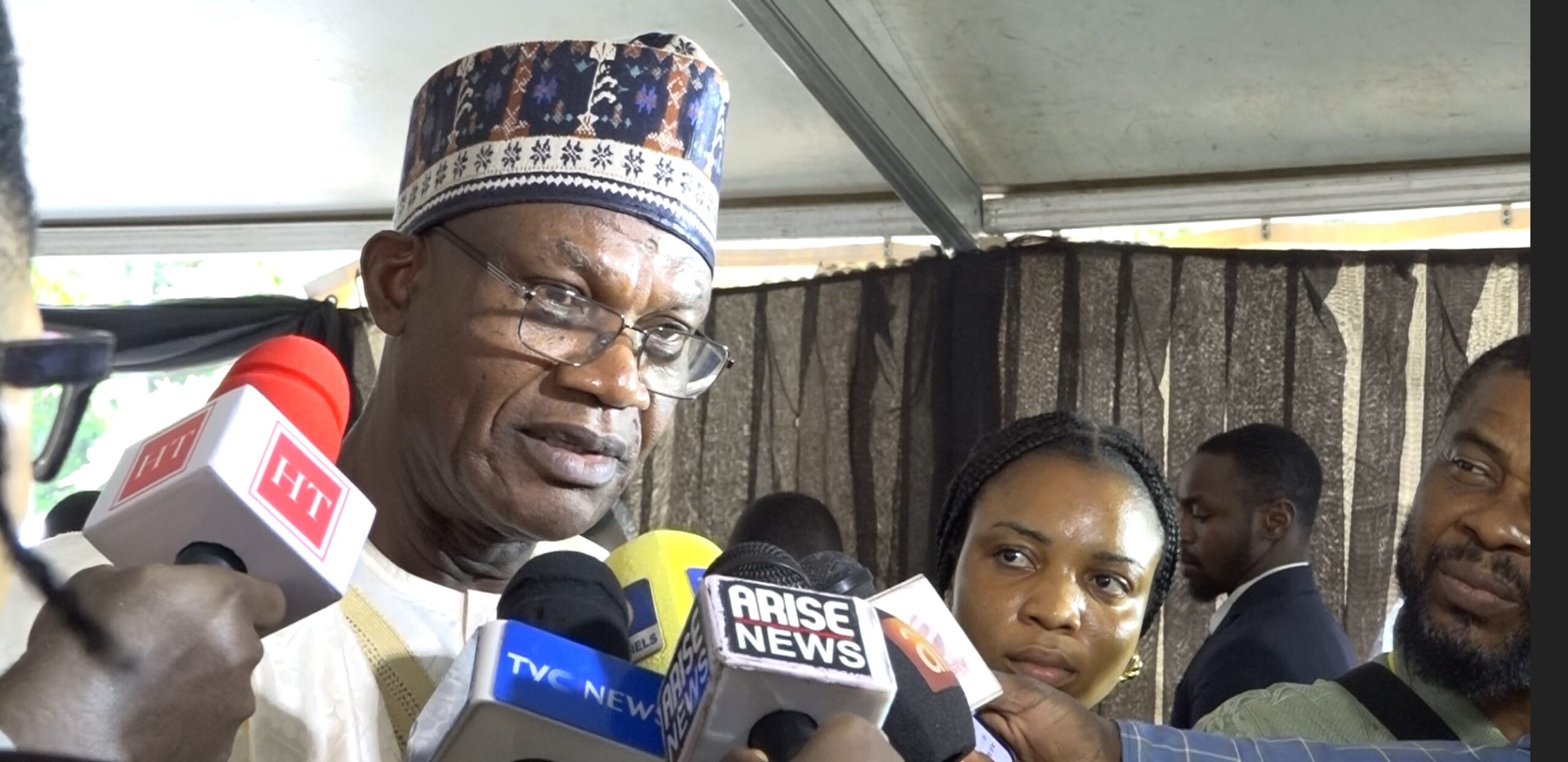
Beyond the focus on infrastructure and students, Nigeria is further exploring how it can partner with the likes of Mastercard founding to ensure teachers’ training.
According to Nigeria’s Minister of Communications, Innovation, and Digital Economy, Dr. Bosun Tijani “One of the things we found is teachers without Tech skills go into school and it takes them 10-20 minutes to set up the technology to use and they only have 30 minutes to teach and time is gone.
“As a result, most of them abandon the solution. We are now looking at corrective measures to work with the right partners and the private sector to ensure we invest in schools and classrooms, we also invest in the skill sets the teachers need to put things in use.”
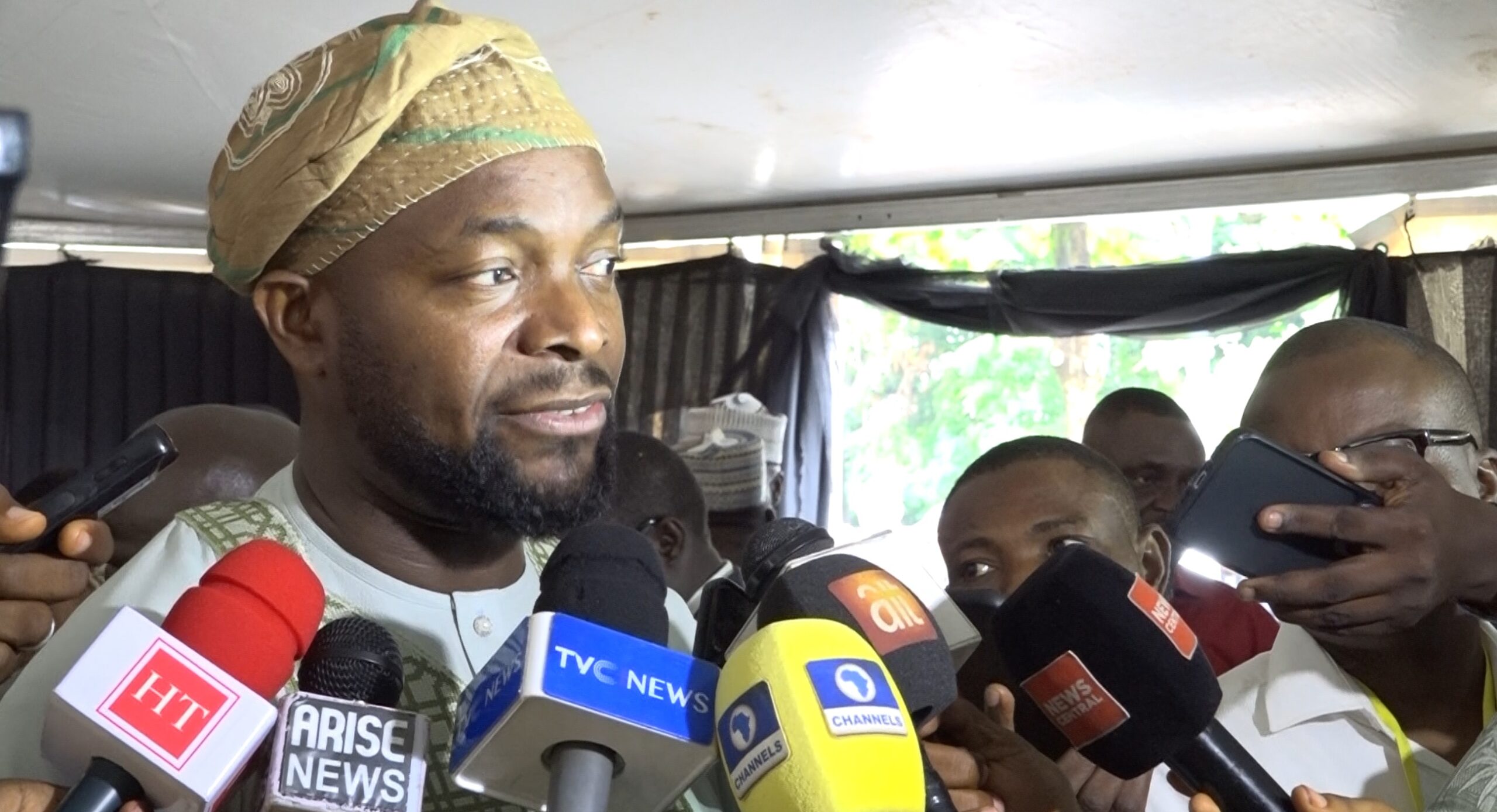
With two more days left, the EdTech Conference 2024 promises to be highly impactful Judging by the multiple panel and break-out sessions as well as networking, collaborations and partnerships being forged.
Participants not only discuss the current state of EdTech in Africa and its impact on learning challenges but also identify opportunities and increase awareness of the potential of EdTech to strengthen education systems.
Joseph Nsengimana, the Director of Mastercard Foundation Centre for Innovative Teaching and Learning already has a yardstick for measuring the conference’s impact.
“Among other things, we would be looking at collaboration across countries, How many collaborations were born because of this conference? we would also be keeping an eye on collaborations between the public and private sector courtesy of the conference. These are indicators to see if we are on the right track.”
